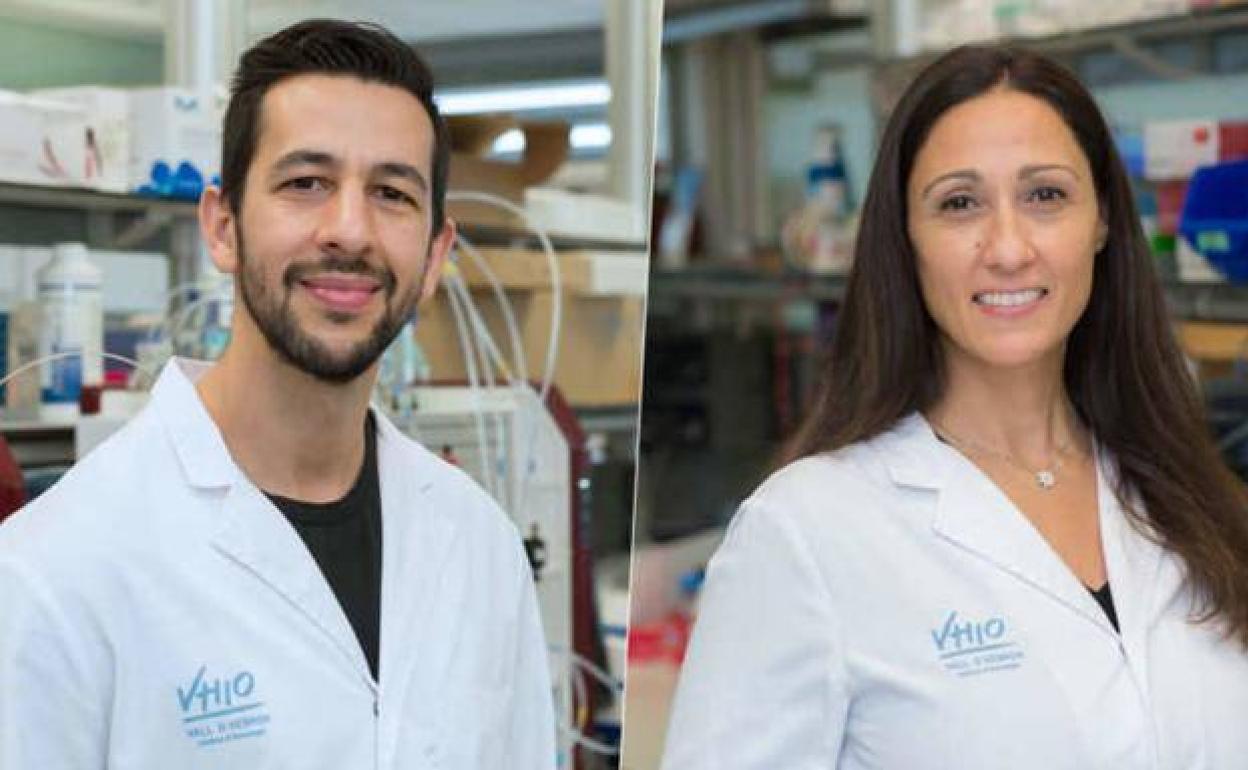New Spanish drug shows promising results against breast cancer
Researchers at the Vall d'Hebron Institute of Oncology have found that the therapeutic protein Omomyc can slow down metastasis
Álvaro Soto
Madrid
Monday, 21 February 2022
Researchers at the Vall d'Hebron Institute of Oncology (VHIO) in Barcelona have found that Omomyc, a therapeutic protein used to combat tumours, also helps to slow down metastasis in breast cancer. Specifically, Omomyc acts against MYC, a family of genes that produces proteins involved in many cellular functions, such as cell multiplication, maturation and death, and which favour the development of almost all solid tumours.
VHIO scientists have been testing Omomyc to control the progression of metastatic breast cancer, with very positive results. This is a landmark in the fight against this type of cancer, which is the most prevalent in women. The Spanish Society of Medical Oncology says that 33,375 cases were diagnosed in Spain in 2020, and 2,805 patients died.
The research has been published in Cancer Research Communications, a journal produced by the American Association of Cancer Research (AACR). Experiments were carried out ‘in vitro’ and ‘in vivo’ to see in what way Omomyc impacted upon breast cancer metasasis. “The results have been very positive and in every case we were able to see that Omomyc had a major anti-metastasic effect,” says Dr Daniel Massó, the lead author of the article.
The MYC gene has been known for a long time for its important function on the development of solid tumours, but at the same time scientists believed nothing could be done about it. However, 20 years ago, Soucek developed Omomyc, the mini-protein with the ability to inhibit MYC and after a series of pre-clinical studies, it is now being tested with patients at the VHIO. Omomyc had already shown a powerful anti-tumoral activity on multiple lines of cellular tumours and cancer models in mice, independently of the tissue of origin and mutations. However the research carried out so far with this drug had focused on primary tumours and its effectiveness against metastasis had never been tested.
